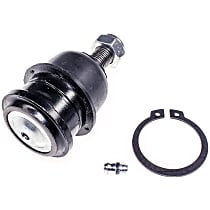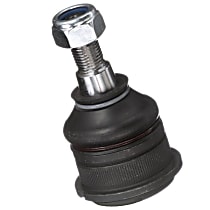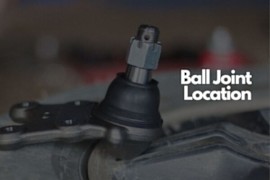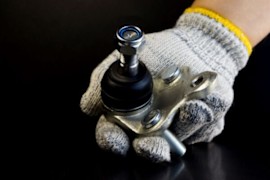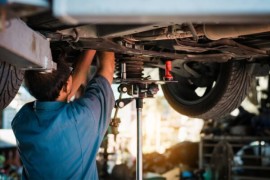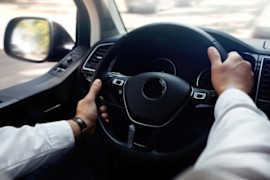{
"lazyNodes": false,
"abFitnotesFlag": false,
"abCrawlReviews": true,
"productOptionsCookie": false,
"orderDelayFlag": false,
"skipSessionCookie": false,
"covidMessage": false,
"fullTitleCookie": false,
"nrLoggerCookie": true,
"checkoutReviewCookie": false,
"productOptionSeqCookie": false,
"maintenanceFlag": false,
"bufferETACookie": false,
"multiShippingDiscountFlag": false,
"newFitmentFlag": false,
"surveyOptInFlag": true,
"crossSellFlag": false,
"skuMappingFlag": false,
"paySplitCookie": false,
"callDisableFlag": true,
"zipPaymentFlag": "c",
"hassleFreeReturn": true,
"lifetimeReplacement": true,
"cpn_off": false
}1990 Dodge 2000 GTX Ball Joints
Shop Catalog
- 1990 Dodge 2000 GTX Base 4 Cyl 2.0L
![]() WARNING: This product can expose you to chemicals including Lead and Mineral Oils, which are known to the State of California to cause cancer and birth defects or other reproductive harm. For more information go to www.P65Warnings.ca.gov.
WARNING: This product can expose you to chemicals including Lead and Mineral Oils, which are known to the State of California to cause cancer and birth defects or other reproductive harm. For more information go to www.P65Warnings.ca.gov.
- 1990 Dodge 2000 GTX Base 4 Cyl 2.0L
![]() WARNING: This product can expose you to chemicals including Lead and Mineral Oils, which are known to the State of California to cause cancer and birth defects or other reproductive harm. For more information go to www.P65Warnings.ca.gov.
WARNING: This product can expose you to chemicals including Lead and Mineral Oils, which are known to the State of California to cause cancer and birth defects or other reproductive harm. For more information go to www.P65Warnings.ca.gov.
- 1990 Dodge 2000 GTX Base 4 Cyl 2.0L
![]() WARNING: This product can expose you to chemical which is known to the State of California to cause cancer and birth defects or other reproductive harm. For more information go to www.P65Warnings.ca.gov.
WARNING: This product can expose you to chemical which is known to the State of California to cause cancer and birth defects or other reproductive harm. For more information go to www.P65Warnings.ca.gov.
- 1990 Dodge 2000 GTX All Submodels All Engines
![]() WARNING: This product can expose you to chemicals including Carbon Black, which is known to the State of California to cause cancer and birth defects or other reproductive harm. For more information go to www.P65Warnings.ca.gov.
WARNING: This product can expose you to chemicals including Carbon Black, which is known to the State of California to cause cancer and birth defects or other reproductive harm. For more information go to www.P65Warnings.ca.gov.
Popular Products

TRUEDRIVE® BALL JOINTS
Both do-it-yourselfers and industry professionals choose TrueDrive® ball joints for a combination of value and dependability that makes zero compromises.
Features & Benefits:
Zero C...

DELPHI OE REPLACEMENT BALL JOINT
Made in some of the industry’s most sophisticated facilities and backed by years of OE expertise, Delphi’s OE replacement ball joint is guaranteed to deliver first-class quality, powerful performance and long-term...

DORMAN OE REPLACEMENT BALL JOINT
Affordable, directly compatible and built to last, Dorman's OE replacement ball joint stands out as the smart option. Since 1918, Dorman Products has supplied the automotive aftermarket with high-quality replacement parts, har...


